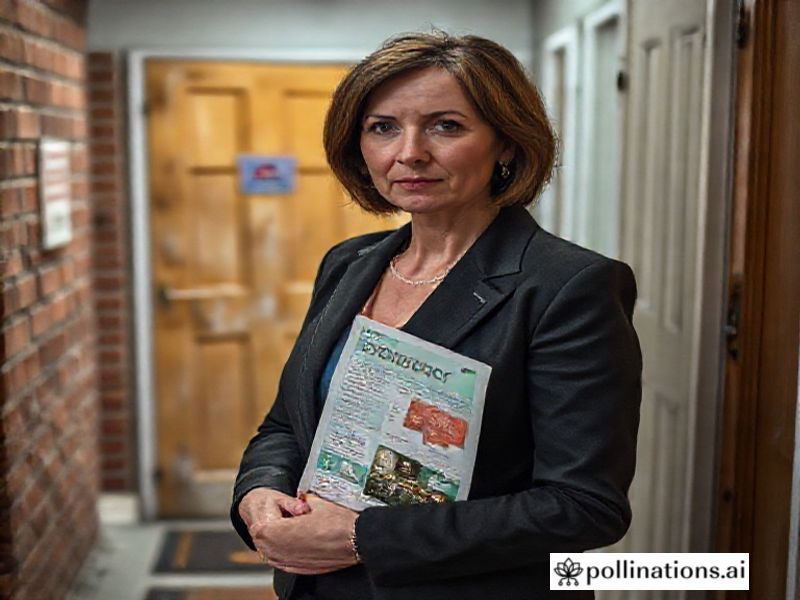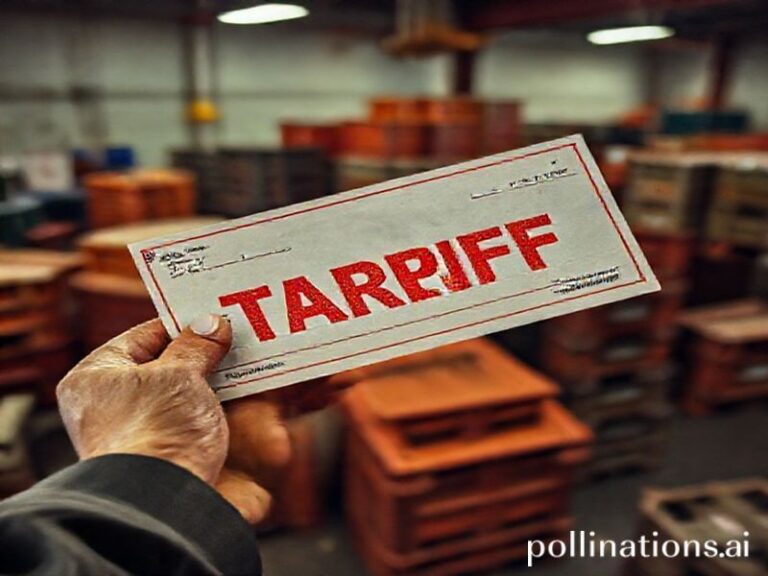Rachel Reeves’ Council Tax Bands: The Unexpected Political Drama Taking Over the Internet
# **Rachel Reeves’ Council Tax Bands: The Political Plot Twist No One Saw Coming**
In the grand theater of British politics, where drama unfolds with the regularity of a Netflix series, Rachel Reeves, the Shadow Chancellor of the Duchy of Lancaster, has unexpectedly become the star of an unexpected subplot. The topic? Council tax bands. Yes, you read that right. Council tax bands—the very words that usually send people into a coma—are now trending globally. How did this happen? Let’s dive in.
### **The Plot Thickens: What’s the Big Deal?**
For those unfamiliar with the intricacies of British local government financing, council tax bands are a system used to determine how much residents pay in local taxes based on the value of their property. It’s about as exciting as watching paint dry, but Reeves has managed to turn it into a political hot potato.
The controversy began when Reeves suggested that Labour would review the council tax bands if they win the next general election. This seemingly mundane proposal has sparked a firestorm of debate, with critics accusing Labour of plotting a “stealth tax” and supporters arguing it’s about fairness and modernizing an outdated system.
### **Why Is This Trending Globally?**
1. **The Power of Misinformation**: In the age of social media, a single tweet or viral post can turn a niche policy discussion into a global sensation. The idea of a “stealth tax” has been amplified by right-wing commentators and media outlets, creating a narrative that has captured the imagination of both the British public and international observers.
2. **Political Theater**: Let’s face it, politics is entertainment. The drama of a potential Labour government tweaking tax bands is the kind of plot twist that keeps people glued to their screens. It’s like a political thriller where the stakes are… well, council tax bands.
3. **Cultural Context**: The UK’s council tax system is a relic of the 1990s, and many argue it’s long overdue for an update. The debate over tax bands touches on broader issues of fairness, wealth distribution, and the role of government. It’s a microcosm of the larger political and social tensions playing out in the UK and beyond.
### **Social Impact: Who’s Winning the Narrative War?**
The narrative around Reeves’ proposal has been dominated by the right, who have framed it as a sinister plot to raise taxes on hardworking Brits. Labour, on the other hand, has struggled to counter this messaging effectively. The result? A public that’s more confused than ever about what Labour’s actual plans are.
This is a classic example of how framing and messaging can shape public perception. The right has successfully painted Labour as the party of higher taxes, while Labour’s attempts to clarify their position have been drowned out by the noise.
### **Why This Topic Matters**
At its core, the debate over council tax bands is about more than just numbers on a bill. It’s about trust, transparency, and the role of government in people’s lives. In an era where political discourse is increasingly polarized, even the most mundane policy proposals can become battlegrounds for larger ideological wars.
For Labour, this is a wake-up call about the importance of clear, concise messaging. For the public, it’s a reminder that politics is not just about grand gestures and lofty promises—it’s about the details, the fine print, and the everyday policies that shape our lives.
### **Conclusion: The Council Tax Bandwagon**
So, why is Rachel Reeves’ council tax bands trending globally? Because in the age of social media and 24-hour news cycles, even the most seemingly boring topics can become viral sensations. It’s a testament to the power of narrative, the importance of messaging, and the never-ending drama of politics.
As the debate continues, one thing is clear: council tax bands are here to stay—in our feeds, in our discussions, and perhaps even in our wallets. Buckle up, folks. This ride is far from over.







